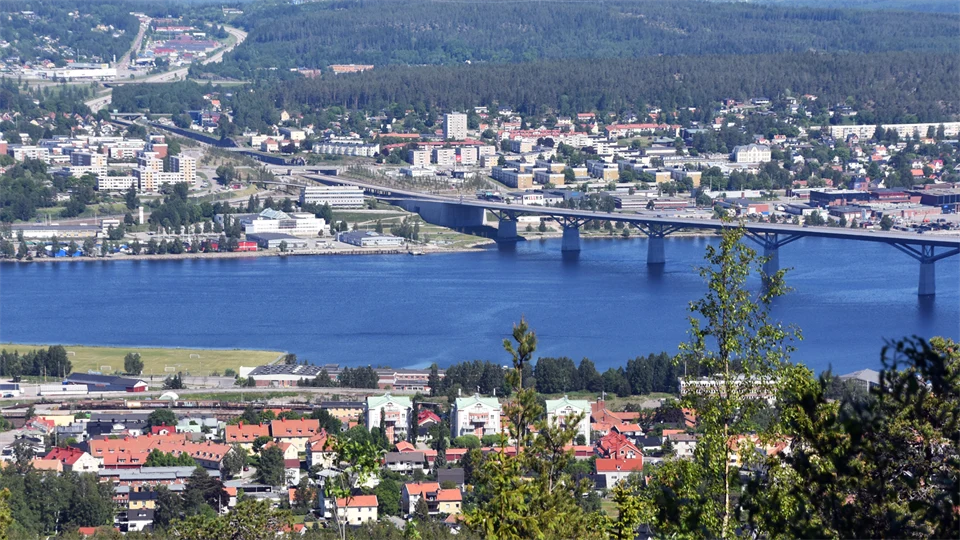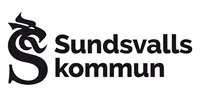SUNDSREM: Sustainable Strategies for PAHs‑polluted Soils Remediation within a Climate Neutrality Framework
To foster sustainable urban development, Sundsvall Municipality, in collaboration with Mid Sweden University, is pioneering in nature-based and climate-neutral solutions for the remediation of contaminated soils inherited from the city's historical industrial expansion
With its long industrial legacy, Sundsvall has benefited economically from its strong forest industry and Sweden’s largest aluminium smelter. However, this industrial activity has contaminated soils and sediments, particularly with polycyclic aromatic hydrocarbons (PAHs) and toxic metals. The persistent environmental effects, particularly from PAHs, threaten community health and may hinder the municipality's sustainable development goals. Sundsvall’s development vision, “Sundsvalls Väg Framåt,” aims to create 5,000 jobs by 2030, emphasizing the need for clean and safe land for infrastructure expansion, housing, and public services. Addressing urban contaminated soils is crucial to reach this goal, as outlined in the municipality's environmental strategy alongside its climate neutrality objectives.
In partnership with Mittuniversitetet, Sundsvalls municipality aims to develop sustainable, nature-based solutions for the effective remediation of contaminated soils, under the collaboration agreement. The project focuses on minimizing polluted soil landfill disposal while fostering greenhouse gas emissions mitigation and a circular approach to materials use. This pre-study is the initial phase and explores composting and biochar amendments to remediate PAHs-contaminated soils in laboratory conditions. These methods, which integrate the simultaneous treatment of other organic wastes, aim to degrade organic pollutants, potentially immobilize toxic metals, and store carbon in treated soils. Successful results could provide Sundsvall municipality with viable and sustainable strategies to manage contaminated soil locally, avoiding high transportation and disposal economic and climate costs.
The initiative is consistent with the Europen Union´s new policies on soil health and addresses the municipality's sustainable development goals related to health, urban growth, ecosystem protection, and emissions reduction. For Mittuniversitetet, this project reinforces its mission to support local growth, sustainable urban planning, and environmental innovation and research, while contributing to regional job creation and educational programs in environmental remediation.
The entire project application can be ordered from Mid Sweden University's registry via e-mail: registrator@miun.se (please specify the project title when ordering).
Facts
Project period
250201-260331
Partners
Subjects
Research groups
Municipal cooperation
Project leader

Project members




